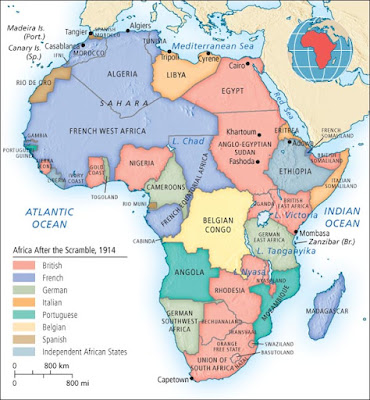African Problem, African Solution
Hello! Our final blog will focus on the opportunities for basin-wide cooperation and illustrate the implication of the GERD case study in a regional and global context.
Way Forward
Disagreements aside, the GERD could provide benefits for all: water stored in the dam could reduce losses to evaporation, and the surplus of hydropower could be exported to downstream countries to bolster agricultural production (Waterbury, 2022). On the demand side, much of Egypt's farming practices are found to be wasteful of water, and their reliance on the Nile could be reduced by improving irrigation systems (Pearce, 2010). In an era of growing concern over climate change and resource scarcity, basin-wide cooperation is crucial to the future of all riparian states. But we must not forget that international institution-backed initiatives are the physical manifestations of post-colonialism, and rather than acting as an external mediator, African problems have to be solved by African solutions. We can perhaps allude to the Senegal Water Basin Development Authority for a potential way forward: water resources can be jointly managed to ensure adequate food and water supply downstream and reap benefits from hydroelectric development upstream (Komara, 2014).
Implications and final words
Through an in-depth case study of the GERD, we investigated how colonial legacies, competing interests, and domestic pressure have entangled together and propelled the transboundary contestation into a deadlock. If this conflict was successfully mitigated, it could be an excellent sample of future climate diplomacy and a critical pillar for the Green Transition in Africa and beyond. The transnational nature, post-colonial impacts, and the engagement of international stakeholders have made this case pivotal in understanding the nexus of conflict management and sustainability.
As I conclude this series of blogs, I write in hopes that water can one day be a tool for unification and not division. Thank you very much for reading.


Comments
Post a Comment